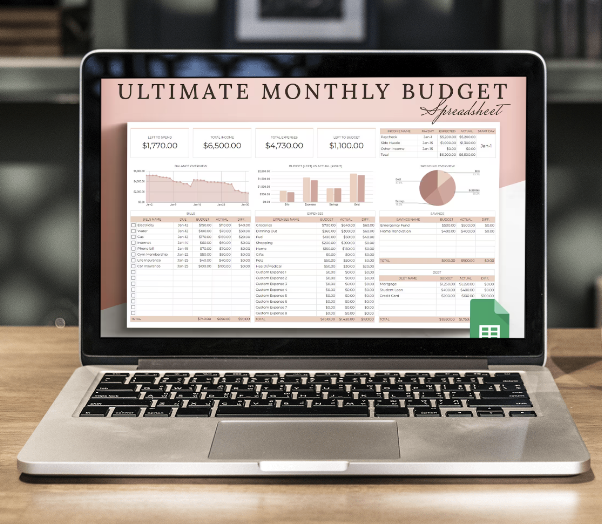Chances are, you’ve learned some painful financial lessons along your journey. Take it from me – the aftereffects can leave you feeling like a motorcyclist in shorts and flip flops who earned 30 ft. of road rash. Fortunately, stumbling doesn’t mean the journey is over. And if you’re perceptive, you can learn from other peoples’ mistakes – such as myself.
As a financial planner, my goal is to help others avoid the same pitfalls that kept me broke, unhappy, and inefficiently spending my money.
The top 5 financial lessons I’ve learned (the painful way) follow:
-
Don’t spend it until you have it
Even if you “know” in your gut that money is coming because you landed that big client or you’re expecting a Christmas bonus, don’t spend it until you have it. Don’t invest it until the chunk of change has landed in your bank account.
I get it – it’s thrilling to have money and then exchange it for items and experiences you’ve always wanted… But life, if anything, is unexpected. And the $5,000 car you sprung for very quickly could be a liability that puts strain on your mental health and the entire family. That said, aim to spend less than you earn and wait until the funds are in your bank account before you make a move. -
Understand that financial freedom = making your money work for you
The lower and middle-class families have not been taught the truth about investing. Compounding growth is the secret and you benefit from it by investing money and letting it sit for 25-50 years. That’s the truth.
If any extra money you make goes toward a new Xbox or groceries, chances are you are going to continue living paycheck to paycheck for some time. Don’t you want to “break the cycle”? -
Strive to embrace minimalism and the truth that less = more.
Before I was a financial planner, I’d sometimes feel embarrassed when people learned how thrifty I am. I LOVE thrift stores. I love finding good quality, used gems (clothing, dressers – especially antique items) at secondhand stores. I also have made it a mission to use less for sustainable reasons, as well.
The difficulty is that I – like most of us – have been conditioned to think that more = more. The truth is, more = more clutter, more time to pay off expenditures, more time at the office rather than with family to afford a “lavish” lifestyle, and more money thrown toward one-time purchases rather than invested in a future.
It took me a long time to be OK with the fact that less = more, truly. When you have fewer bills and expenses, your required income reduces and that means more time doing the hobbies you love and spending time with family. And, for most of us, that’s what we really want when we envision “financial freedom.” It’s not having to worry about paying the bills and spending more time on our hobbies. You can get there without being a millionaire. Don’t buy into the hype. -
99% of the time, “get rich quick” schemes don’t work
In my early 20’s, I learned the hard way that putting all your life savings into Bitcoin and trusting others to manage it was a big no-no. Not only did I lose $16k in the scam but it took me 3 years to recover financially.
Many of us want to bank on the lottery or hold out for a “miraculous change” in our careers. But, the truth is that hard work, persistence, and long-term commitment to your personal growth and career are the TRUE keys to success and financial freedom. Plus, karmically, there is something very healing about earning your income. That doesn’t mean you have to struggle – eliminate that notion. In fact, quite the opposite! It just means that settling into a vision of long-term growth is vital for long-term success. -
There is no “holy grail”. Diversification is key!
Bitcoin isn’t the answer, neither are precious metals or fixed-income annuities. Rather, diversification is the way forward. Don’t forget – 20% of your investments should also be liquid or easily accessible. So, whether you buy CDs and guarantee your retirement with no exposure to a down market with a fixed income annuity or put half of your savings into precious metals, just remember that diversification provides the greatest guarantee of the preservation of your financial savings.
What are your thoughts? Hopefully, the hard-earned lessons benefit you in some way. Don’t forget to comment on the blog!
Cheers,
Mandy Froelich, Black Hills Financial Planning







